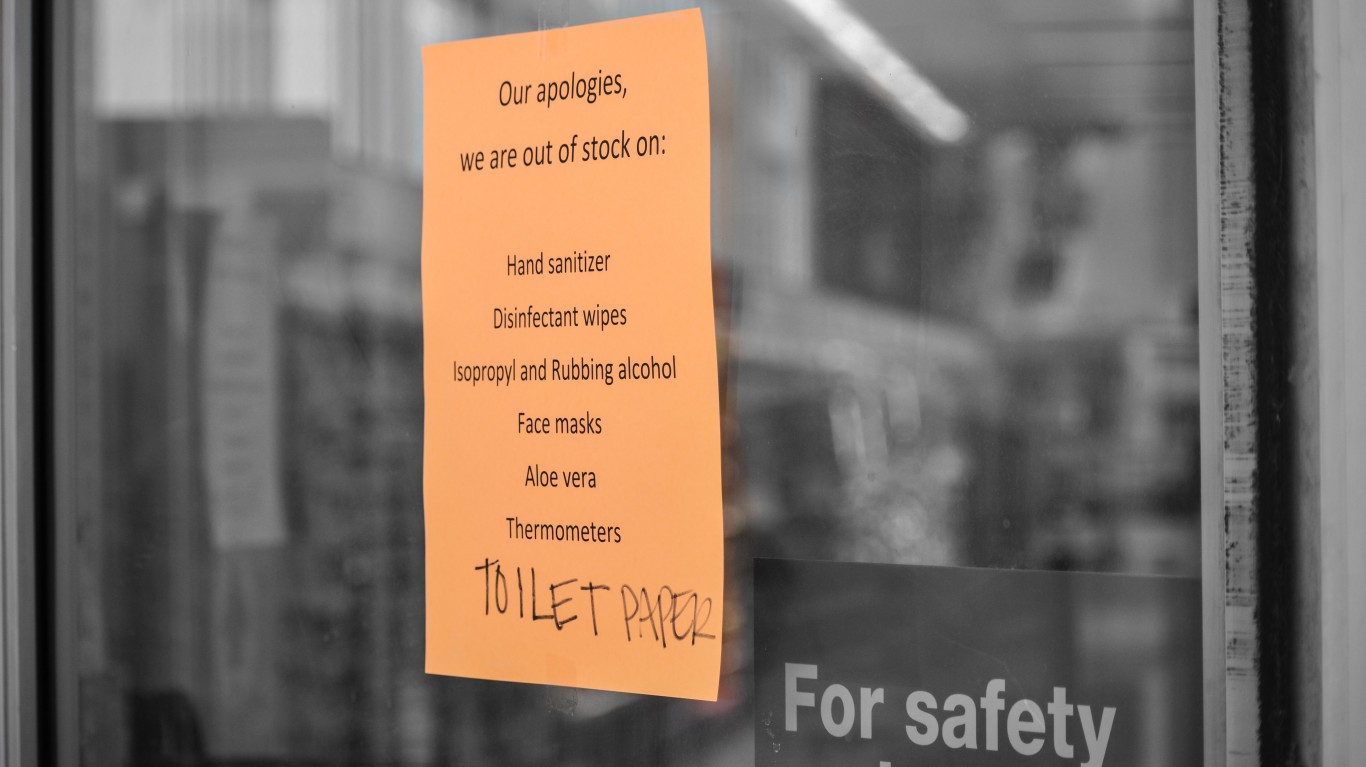
The University of Michigan Consumer Sentiment Index improved from a final May reading of 72.3 to June’s final level of 78.1. The final index reading is 0.8 points below the preliminary June index of 72.9. Economists polled by Bloomberg were expecting a final June reading of 78.9. The final index reading in June of last year was 98.2.
Month over month, consumer sentiment rose by 5.8 index points for a second consecutive monthly gain, after plunging to a low of 71.8 in April. The percentage sequential increase in the index was 8.0%, and the year-over-year decline was 20.5%.
The consumer expectations subindex increased month over month by 6.4 points, from 65.9 to 72.3 (up 9.7%), while the current conditions subindex rose from 82.3 to 87.1 (up 5.8%).
Year over year, the current conditions subindex fell by 22.5% and the consumer expectations subindex dropped by 19.0%.
The survey’s chief economist, Richard Curtin, commented that the consumer sentiment slipped in the latter half of June but still posted its second monthly gain over the April low. He added that, while most consumers believe that economic conditions could hardly worsen from the shutdown of the national economy, prospective growth in the economy is tied more closely to progress against the coronavirus.
In the first half of the month, consumers appear to have subscribed to the idea that the sharp decline in U.S. economic activity due to the COVID-19 outbreak was so bad that it can only get better. The recent spike in infections in several states may have caused consumers to revise their thinking.
In that regard, Curtin noted that though the early reopening of the economy undoubtedly restored jobs and incomes, it has come at the probable cost of an uptick in the spread of the virus.
While the survey’s overall sentiment index rose only modestly in the West, Midwest and South, the Northeast region’s index posted a gain of 19.1 index points, an all-time record. In May, the Northeast region’s sentiment index was below 75.
Curtin added that weaker consumer demand among residents of the Southern and Western regions will accompany the resurgence of the virus, which may even temper the reactions of consumers in the Northeast. Regrettably, confidence in government economic policies dwindled in the June survey to its lowest level since the president entered office. The need for new relief programs is urgent, and it would best be met before the national elections dominate the debate.
The resurgence of COVID-19 in several states has led to the reimposition of new social distancing rules and other regulations as cities and states plan to reopen.
It’s Your Money, Your Future—Own It (sponsor)
Are you ahead, or behind on retirement? For families with more than $500,000 saved for retirement, finding a financial advisor who puts your interest first can be the difference, and today it’s easier than ever. SmartAsset’s free tool matches you with up to three fiduciary financial advisors who serve your area in minutes. Each advisor has been carefully vetted and must act in your best interests. Start your search now.
If you’ve saved and built a substantial nest egg for you and your family, don’t delay; get started right here and help your retirement dreams become a retirement reality.
Thank you for reading! Have some feedback for us?
Contact the 24/7 Wall St. editorial team.


